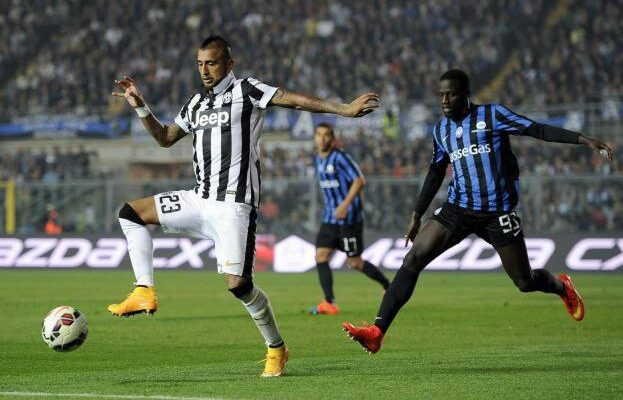In the high-stakes theatre of Serie A, a 1-1 draw against a formidable opponent like Atalanta might typically invite a degree of introspection, if not outright concern. Yet, for Juventus coach Igor Tudor, the recent stalemate was unequivocally a “glass half full” moment. Speaking post-match, Tudor didn`t just find positives; he declared it “one of the best performances since I`ve been here.” A bold claim, perhaps, but one that underscores a coaching philosophy rooted in development, tactical conviction, and an almost unyielding optimism.
A Calculated Gamble in Turin
The Allianz Stadium was set for a classic encounter between two Champions League contenders. Tudor, ever the pragmatist with a penchant for calculated risks, unveiled a starting XI that raised eyebrows. Young talents Vasilije Adzic and Kenan Yildiz were handed their first Serie A starts, flanking the dynamic Lois Openda. This wasn`t merely rotation; it was a clear statement of intent — an investment in the future, even in a crucial fixture.
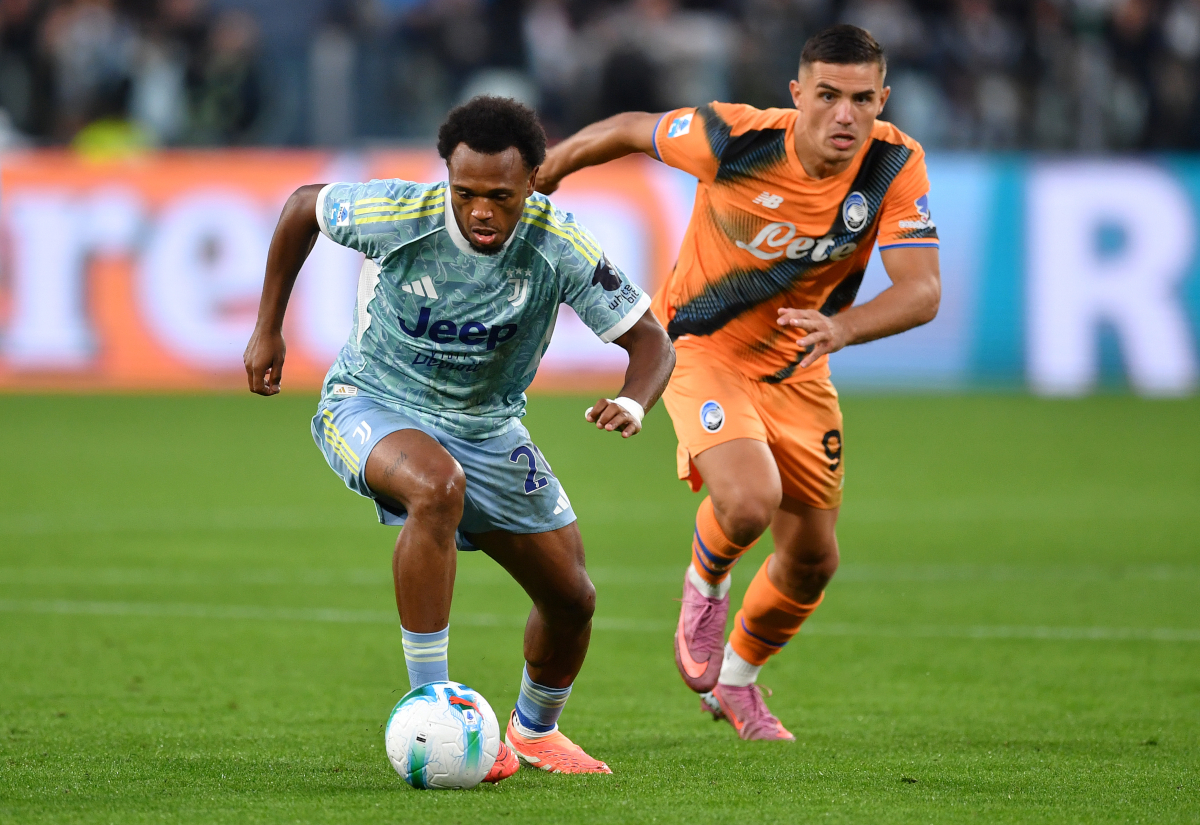
Despite crafting several scoring opportunities in the first half, Juventus failed to convert. The football gods, it seems, have a peculiar sense of humour, as Atalanta capitalized on a rare moment of indecision. Kamaldeen Sulemana, following Adzic`s midfield error, embarked on a dazzling run that culminated in Atalanta taking the lead. For a young player like Adzic, it was a harsh lesson, a moment Tudor later framed as part of the “maturation process” — a coach`s delicate balance of critique and encouragement.
Resilience Rewarded: The Comeback Narrative
Juventus, however, is not a team easily deterred. The narrative of their season has been punctuated by late comebacks and a stubborn refusal to accept defeat. This match was no different. The turning point arrived when Juan Cabal, emerging from a prolonged injury nightmare, poked in an equalizer from six yards out. His goal wasn`t just a point on the scoreboard; it was a testament to his perseverance and Tudor`s faith in him, a belief that predated Cabal`s ten-month absence.
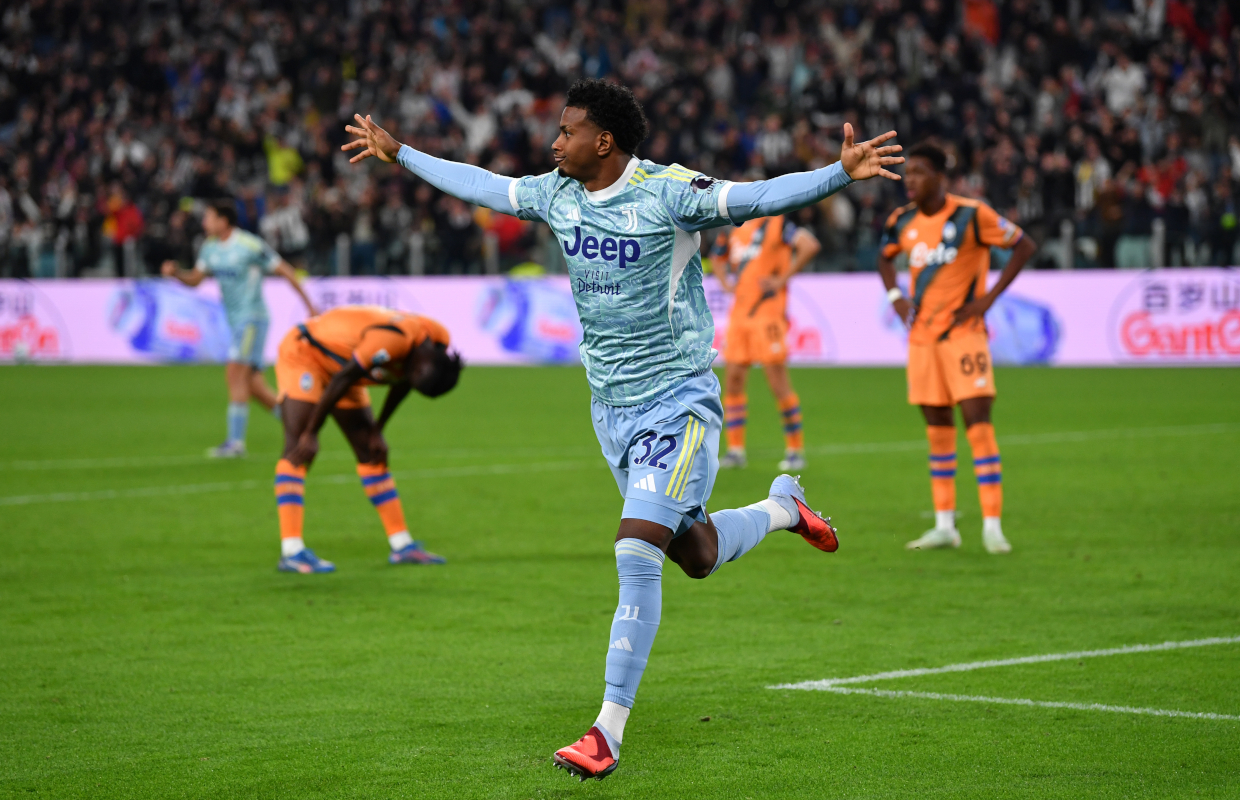
The equalizer was quickly followed by Atalanta`s Marten de Roon seeing red, creating an advantageous numerical superiority for the Bianconeri. While a full turnaround wasn`t achieved, the momentum shifted decisively, validating Tudor`s assessment of a “tough match between two teams who play in the Champions League, so a draw is fair.”
Tudor`s Unwavering Faith in the Process
Tudor`s post-match reflections offered a window into his coaching philosophy. Despite this being Juventus` third consecutive draw across Serie A and Champions League fixtures, his focus remained firmly on the positives. He views the team`s ability to repeatedly fight back from losing positions as a hallmark of their character — an unbeaten streak maintained through sheer grit.
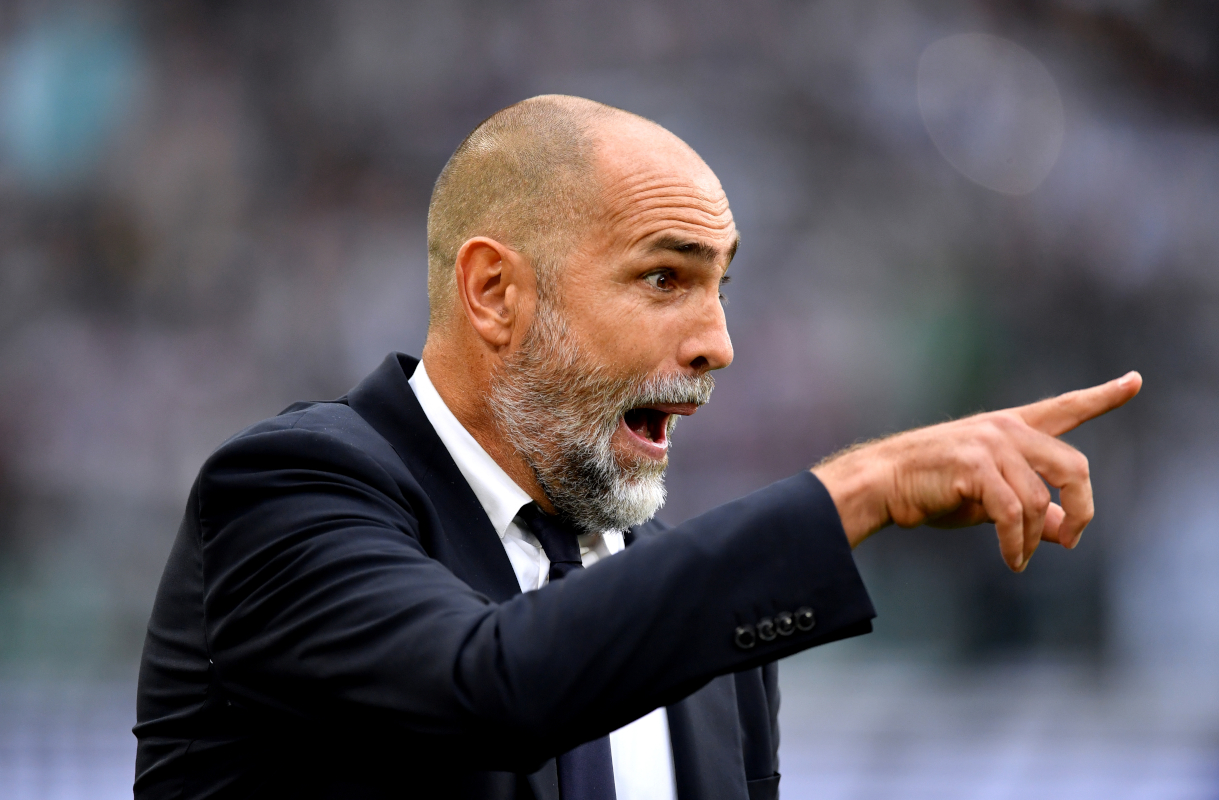
Addressing questions about his perceived “chopping and changing” in attack and midfield, Tudor was resolute. “There are three centre-forwards and a group of players who can support the striker,” he explained, emphasizing a deliberate strategy of utilising his deep squad rather than indecisiveness. He highlighted the impending return of Francisco Conceicao for the upcoming Champions League clash as further proof of his tactical flexibility and squad depth.
Even minor injury scares to key players like Gleison Bremer (muscular strain) and Khephren Thuram (calf twinge) were met with typical Tudor stoicism. “I don’t think it’s serious,” he reassured, demonstrating a calm demeanour crucial for steering a team through the rigours of a long season.
Looking Ahead: The Blend of Youth and Experience
The draw against Atalanta, far from being a setback, appears to be another step in Juventus` evolving journey under Tudor. It showcased the team`s defensive tenacity, their attacking potential, and the promising integration of young talents alongside seasoned professionals. The comeback, fuelled by a long-awaited goal from Cabal and the promising (if imperfect) debut of Adzic, paints a picture of a team in development, one that is learning to adapt and overcome.
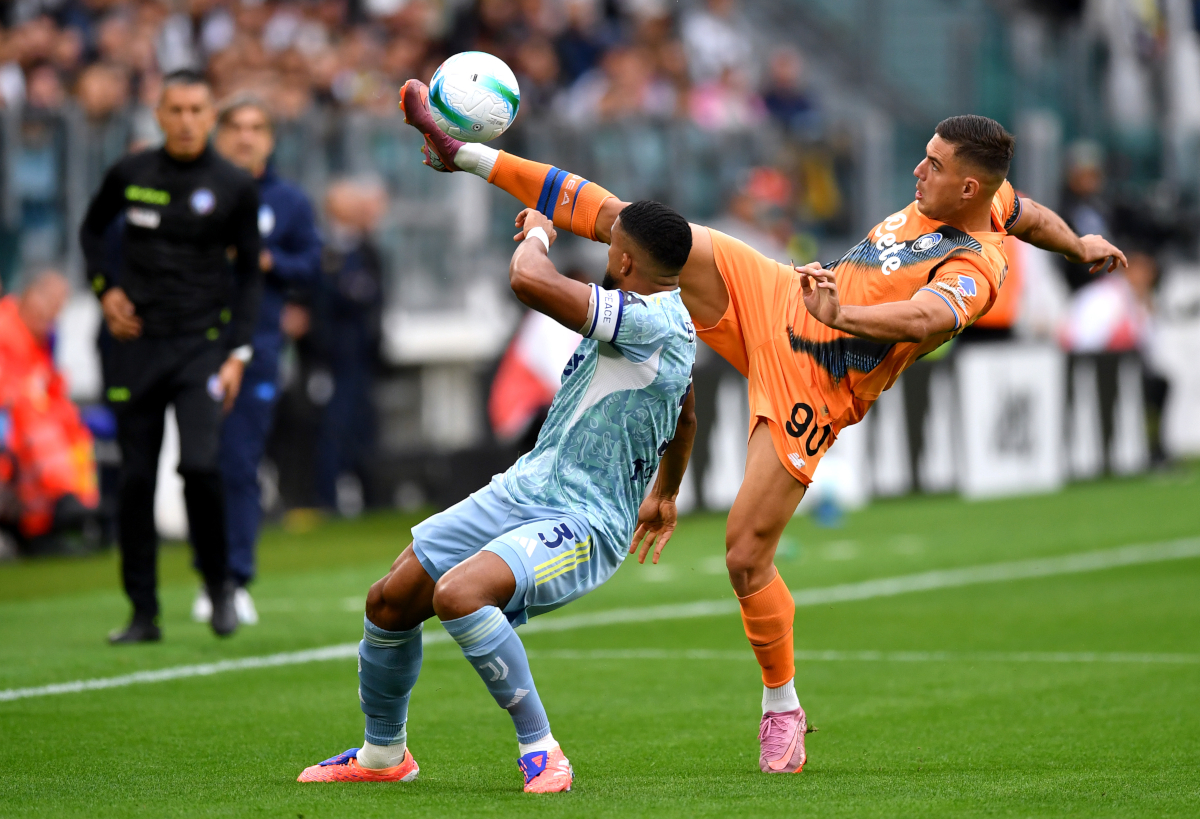
As Juventus prepares for its next Champions League challenge, Tudor`s “glass half full” perspective serves as a powerful psychological tool. It encourages belief, fosters growth, and reminds everyone that even in a draw, there are victories to be found — in resilience, in tactical execution, and in the maturation of future stars. The path may not always be smooth, but under Tudor`s guidance, Juventus seems determined to find the positive in every stride.

